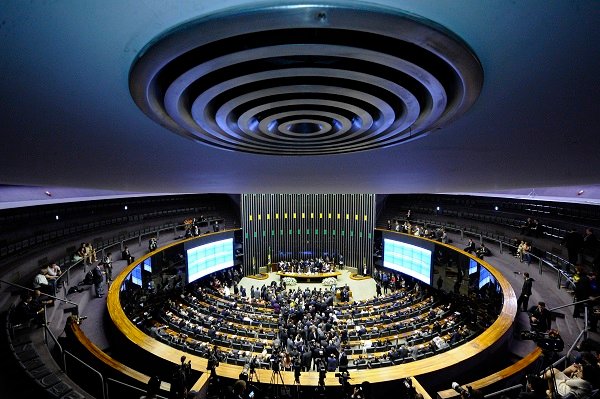President Luiz Inácio Lula da Silva will have to intensify political coordination in the Legislature to minimize, upon returning from recess, a problem that hindered the government’s plans in the first year of his term: the overturning of vetoes by Congress. Parliamentarians are already debating new defeats on issues that, if materialized, could further hamper the executive’s power over the budget, modify the management of resources in key programs of the PT administration, and change the evaluation of pesticides, an issue that causes divisions in the government and is a source of friction with the ruralist bench.
This Content Is Only For Subscribers
To unlock this content, subscribe to INTERLIRA Reports.
Vetoes Overturned
Of Lula’s 30 vetoes analyzed by congressmen in the first year of his third term, 16 (53%) were totally or partially rejected. A rate above that recorded by former president Jair Bolsonaro in his first year when 45 vetoes of his authorship were analyzed, and 15 (33%) had at least parts of them rejected. The return of parliamentarians is scheduled for 5 February.
Amendment Calendar
One of the vetoes in Congress’ sights is the device that makes parliamentary amendments mandatory by 30 June. This is the first stage in the payment of resources when money is reserved in the budget. The measure was included in the Budget Guidelines Law (LDO), approved in December. Lula, however, vetoed the item on 2 January, arguing that the measure could “increase rigidity in budgetary and financial management and make the management of public finances more difficult”.
Another vetoed item in the LDO that is under pressure to be reestablished is a list of projects that would be safe from mandatory spending contingencies in case of risk of non-compliance with the fiscal target. The veto was a recommendation from the Finance and Planning ministries. The departments argue that the device goes against the public interest because it could make budget management and the search for zeroing the primary deficit this year more difficult.
My Home My Life Program
The veto to a reserve of at least 30% of resources for housing programs, such as “Minha Casa, Minha Vida”, for cities with up to 50,000 inhabitants, is also resisted in Congress. Parliamentarians are interested in reversing this decision, mainly due to the election year — more than 80% of the country’s cities are in this population range.
Pesticide Bill
The agribusiness group also calls for the vetoes to be overturned on the bill that changes the authorization process for pesticides in the country. Lula blocked the section that centralized the coordination of risk reanalyzes and changes to already registered products in the Ministry of Agriculture, which excluded the National Health Surveillance Agency (Anvisa) and the Brazilian Institute of the Environment and Renewable Natural Resources (Ibama).
Military Police Organic Law
The president also vetoed 28 sections of the Military Police Organic Law approved last year by Congress, for generating financial burdens on the Union and the states without provision for a budgetary source, such as pensions for the spouse or dependent when the soldier is arrested provisionally or in serving a sentence.
Other vetoes
On the other hand, the government wants to overturn Bolsonaro’s vetoes made in 2021 to repeal the National Security Law, also still on the Congress agenda. Among the points rejected by the former president is the criminalization of fake news regarding the elections, and the creation of the crime of “attacking the right to demonstrate”.
Analysis:
Despite facing numerous challenges and tense moments with Congress, the Federal Government successfully passed a series of crucial reforms and bills vital for the economy and the country’s administration. However, the relationship remains delicate, particularly as the government’s political bloc in Congress is at its smallest since the return to the democratic regime. Moreover, statements from prominent political leaders suggest that the challenges to political stability may intensify. Recently, the Legislative Power has been actively working to bolster its influence. On one hand, it is promoting initiatives that restrict the powers of the Supreme Court (STF), while on the other hand, the presidents of the Senate and the Federal Chamber are advocating for two ideas that could diminish the authority of the Executive branch. These changes have granted Congress increased power and additional resources. Presently, the president must find common ground with deputies and senators, as failure to do so could result in ineffective governance or even removal from office.




